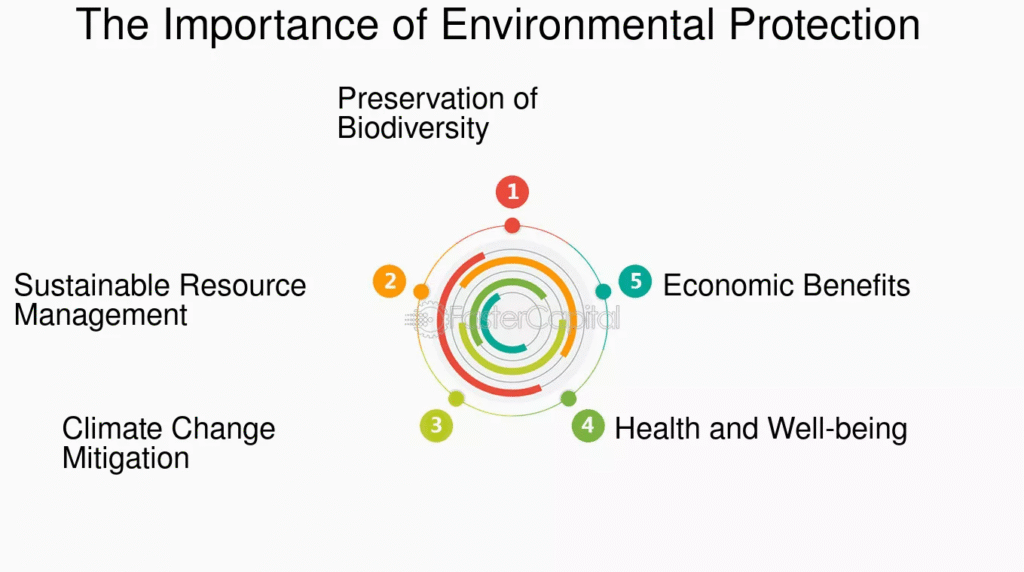
Environmental preservation has become an urgent global priority as numerous challenges increasingly threaten ecosystems and human well-being. Addressing these issues requires collaboration, innovation, and forward-thinking strategies to ensure a sustainable future. Below are five critical challenges underscoring the pressing need for environmental action:
The Wide-Reaching Impacts of Climate Change
Climate change remains one of the most significant global threats, with rising temperatures, shifting weather patterns, and more frequent and severe natural disasters disrupting ecosystems and communities worldwide. Bold and comprehensive solutions are essential to mitigate its effects and protect the planet for future generations. Greta Thunberg began her climate activism at just 15 years old, sparking the Fridays for Future movement and inspiring millions around the world. She has organized protests, addressed world leaders, and amplified the urgent need for climate action through her speeches, social media, and unwavering dedication to environmental justice.
Deforestation and Habitat Loss
The rapid loss of forests due to logging, agriculture, and urbanization is driving countless species toward extinction, threatening indigenous communities, and destabilizing ecosystems. Forests play a crucial role in filtering air and water, regulating climate, maintaining biodiversity, and supporting the planet’s overall health. Reversing deforestation through sustainable land management, reforestation, stricter policies, and global collaboration is vital to preserving ecosystems and ensuring environmental resilience.
Plastic Pollution in Oceans and Waterways
Plastic waste has permeated virtually every part of the planet, with serious consequences for marine life, ecosystems, and human health. Microplastics now contaminate water, food, soil, and even the air we breathe. This growing crisis emphasizes the urgent need for improved recycling systems, stricter regulations, responsible waste management, increased public awareness, and the development of innovative, sustainable alternatives to single-use plastics to address this global issue effectively and ensure a healthier future for the planet.
Declining Biodiversity
Biodiversity is the foundation of healthy ecosystems and human survival, yet many species are at risk of extinction due to habitat destruction, pollution, overexploitation, invasive species, and climate change. Conservation initiatives worldwide aim to protect endangered species, restore ecosystems, and promote sustainable practices. Efforts include reforestation, reducing single-use plastics, enforcing wildlife protection laws, and raising awareness through education. Preserving biodiversity is essential for the health of natural systems and the well-being of future generations.
Freshwater Scarcity
Increasing demand for freshwater, combined with pollution, overuse, and the effects of climate change, has created a global water scarcity crisis. Clean water is vital for health, agriculture, and industry, yet access remains a challenge for many communities, especially in developing nations. Addressing this issue requires sustainable water management practices, investment in conservation technologies, innovation in water recycling systems, collaborative global efforts, and education to raise awareness about safeguarding this critical resource for future generations and ensuring equitable distribution for all.
Addressing environmental challenges needs global teamwork, innovation, and a focus on sustainability to protect our planet. The HDI Six Nations initiative demonstrates how combining traditional knowledge with modern practices fosters sustainable governance, innovation, and environmental stewardship. The HDI Six Nations oversees land use within Haudenosaunee territories, ensuring the protection of cultural heritage, treaty rights, and sacred sites. By prioritizing preservation and encouraging collective action, a resilient and sustainable future can be created for future generations.



















